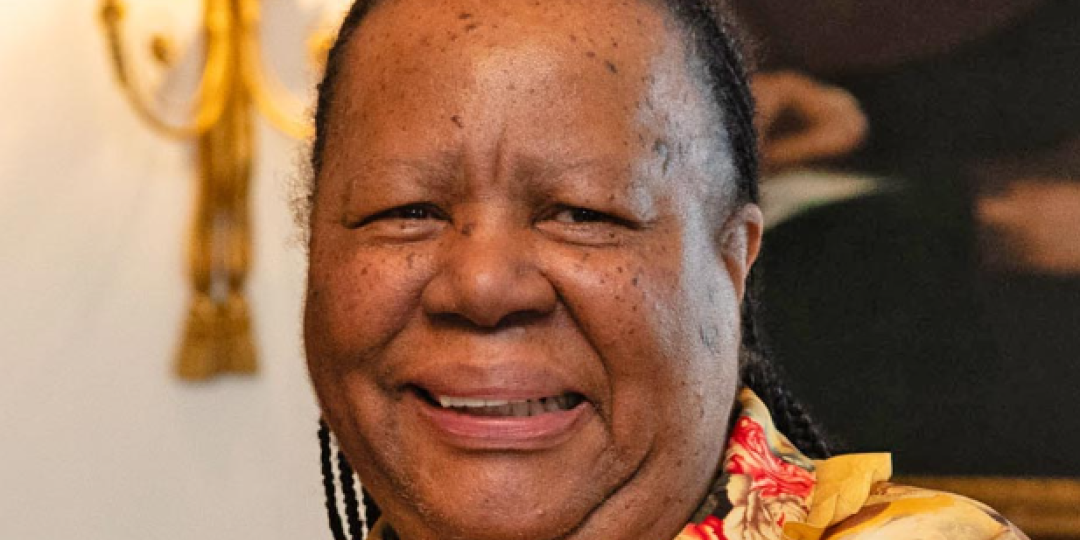A palpable sense of concern characterises the government of Cyril Ramaphosa’s response to the March 21 approval by the House of Representatives in Washington of the US-South Africa Bilateral Relations Review Act – a bill that could have disastrous trade implications if approved by the Senate.
The bill, tabled by Republican John James and Democrat Jared Moscowitz, proposes that South Africa’s trade position with the US be reviewed because of South Africa’s partisanship with “malign actors”, especially Russia and Iran, but also including China, and South Africa’s perceived support of Hamas against Israel.
When the bill was approved by 36 votes to 13, Ramaphosa was the first to approach a major publication, The Washington Post, saying that South Africa and the US had a long history of maintaining trade relations despite foreign policy differences.
In the latest instance, Foreign Relations Minister Naledi Pandor wrote to the Financial Times that "bringing South Africa to its knees would be self-sabotage for the US".
She bases her argument on 22 local companies that are invested in the US economy, providing employment for 6 900 people.
In turn, there are 600 US companies invested in South Africa, employing 134 600 people.
Pandor furthermore argues that South Africa is a “gateway country” for the US in the African Continental Free Trade Area, an economic bloc initiative of 1.3 billion people with a projected GDP potential of $3.4bn and in which SA is a key driver.
Should the Senate approve the Bilateral Relations Review Act, a principal casualty would probably be trade benefits protected by the African Growth and Opportunity Act (Agoa), giving SA tariff-free access to the US for 6 800 products that include 1 300 types of agricultural exports.
In terms of the latter, on its own, South Africa has exported more than $7 billion worth of agricultural products to the US since 2000.
According to Pandor, among the 40 or so African countries benefiting from Agoa, South Africa is America’s biggest free-trade partner, with mutually beneficial import-export arrangements safeguarded by the agreement.
She said both countries could not afford to have their bilateral trade relations compromised by differences in foreign relations.
Pandor’s article for the Times came after a recent visit to Washington where she was supposed to see James, but didn’t.
The senator said the ANC government of today was very different from the party led by Nelson Mandela when South Africa had its first democratic elections.
Should Donald Trump oust Joe Biden in the US elections in November, it is almost certain that South Africa will be expelled from Agoa, whether the Bilateral Relations Review Act is approved by the Senate or not.













